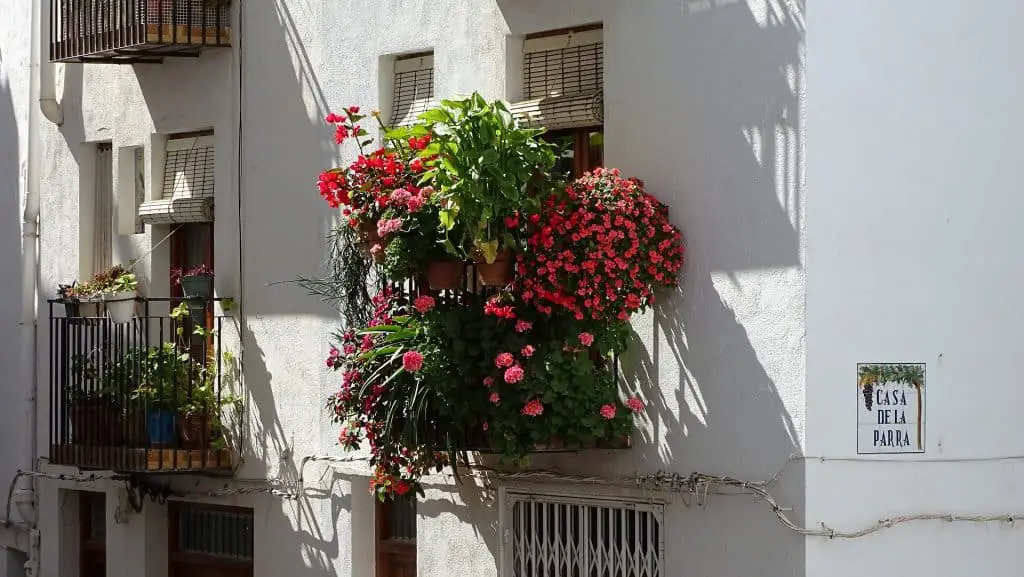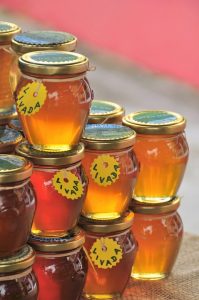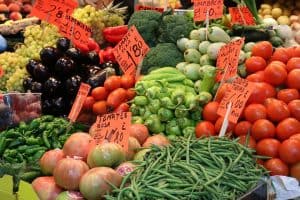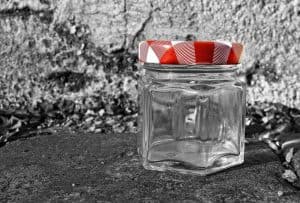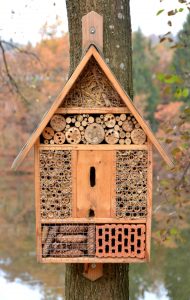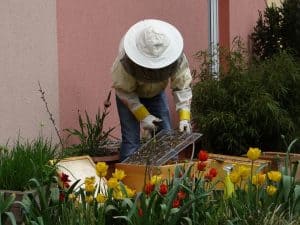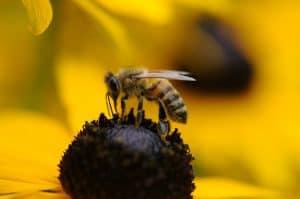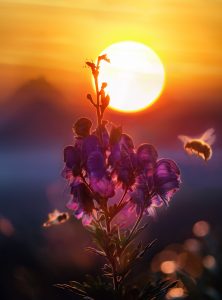What YOU can do to save the bees
Take simple actions in daily life and make an impact
There are several simple actions you can take to improve the life of bees, even when you live in a city.
The main threats for bee populations nowadays are monoculture in farming, the use of pesticides (1) and diseases and parasites.
Research has also shown that pollinator populations decrease because of habitat loss and a lack of flowers.
These impacts are a lot lower in urban areas, therefore some urban areas can become an unexpected refuge for pollinators. And this means: You can do your part!
So, what exactly can you do to protect bees in urban areas?
1) Plant bee-friendly flowers and trees

